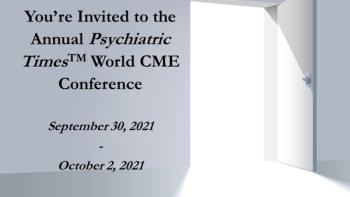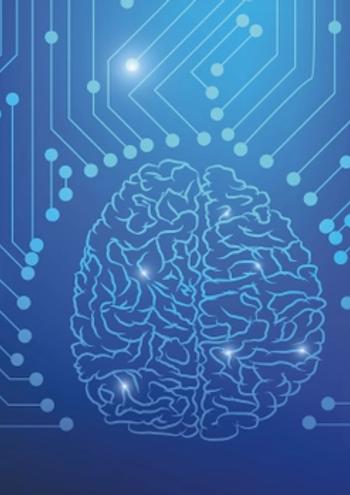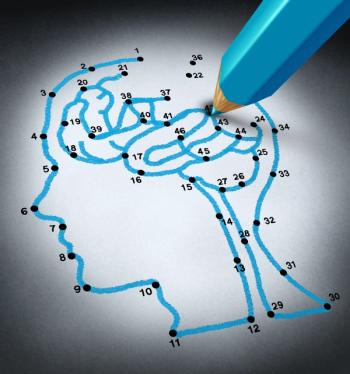
At the Annual Psychiatric Times World CME Conference, an all-star lineup of presenters will share their latest research. Check out this preview of the full agenda.

At the Annual Psychiatric Times World CME Conference, an all-star lineup of presenters will share their latest research. Check out this preview of the full agenda.

43 of 50 states are experiencing a severe shortage in psychiatrists specializing in child and adolescent care. Telehealth may be able to help.

Here’s how a digital mental health ecosystem can seamlessly connect and support all facets of mental health care.

A new digital therapeutic helps patients with psychosis to slow down and manage their fears.

A kappa-opioid receptor with psychedelic effects, this potential agent for treatment-resistant depression and other disorders will be paired with a digital therapeutic for maximum efficacy.

Digital therapeutics require adoption from 3 groups: psychiatrists, payers, and patients. What needs to be done to get everyone aboard?

What products have broken ground in the digital therapeutics space, and how can they help patients?

Close to a third of adults in Western countries report trouble with sleep. Digital cognitive behavioral therapy may be a treatment solution...

Key questions to consider when evaluating a digital therapeutic for anxiety.

Artificial intelligence and natural language processing provide powerful new tools to measure thought disorder and negative symptoms in schizophrenia.

We need policies that make digital therapeutics accessible and acceptable to a broad patient audience. What barriers are there to reaching that goal?

What will psychiatric practice look like in the year 2030?

Digital therapeutics need to be integrated into care ethically, but how?

What are the greatest unmet mental health needs in the United States today? Recent statistics from the Centers for Disease Control may hold the answers.

How can digital therapeutics more readily be brought into the hands of patients with serious mental illnesses?

Why are mental health digital therapeutics primarily based on CBT?

Only a few digital therapeutics are currently FDA approved. What options are available and how can they best be leveraged for the benefit of patients?

Digital therapeutics may be the biggest paradigm-shifting change medicine has seen yet...